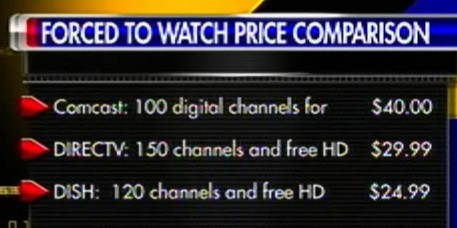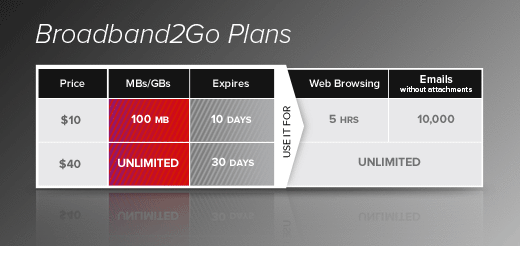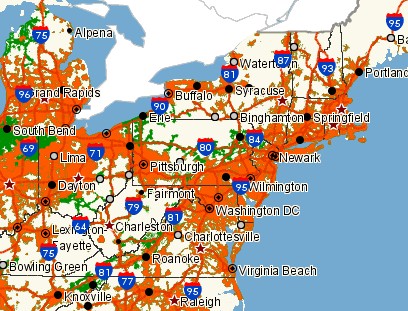
WMC-TV in Memphis compared rates among providers to check and see if mandatory Comcast service represented a good deal for Mid-America renters.
Mid-America Apartment Communities, a nationwide apartment management company, continues to unveil new mandatory cable service fees on renters — this time for eight Mid-America apartment complexes in Memphis, Tennessee.
Memphis renters began receiving word of the new required $40 a month Comcast cable package late last month and the controversy has sparked additional media attention.
Mid-America earns a significant kickback bonus from Comcast for mandating cable service on all of its renters. That upsets many renters who choose not to have cable service, or subscribe to a satellite provider like DirecTV or DISH. The $40 fee doesn’t go away if you don’t want the service. Earlier in July, Stop the Cap! covered Mid-America’s mandatory cable service introduction in other parts of Tennessee and Texas.
Legal experts say the arrangement is perfectly legal, so long as it is not imposed unilaterally on renters. Instead, Mid-America includes the mandatory cable clause in its new renter and lease renewal agreements. If you don’t want to pay the fee, your only option is to move somewhere else.
The $40 Comcast package delivers 100 digital channels, 45 music channels, and one on-demand channel. That appears to coincide with Comcast’s Digital Starter package, which normally runs $51.50 a month in Memphis.
Some current Comcast subscribers who rent from Mid-America do appreciate the discount and the convenience of paying cable charges as part of their monthly rent. But others do not want to be compelled to pay for Comcast service they don’t want or cannot afford. For them, the extra $40 a month charge is effectively a rent increase.
[flv width=”640″ height=”380″]http://www.phillipdampier.com/video/WMC Memphis Forced to Watch 7-26-10.flv[/flv]
WMC-TV’s ‘Investigators’ Team took a look at Mid-America Apartments’ new mandatory cable charges imposed on its Memphis renters. (4 minutes)


 Subscribe
Subscribe






